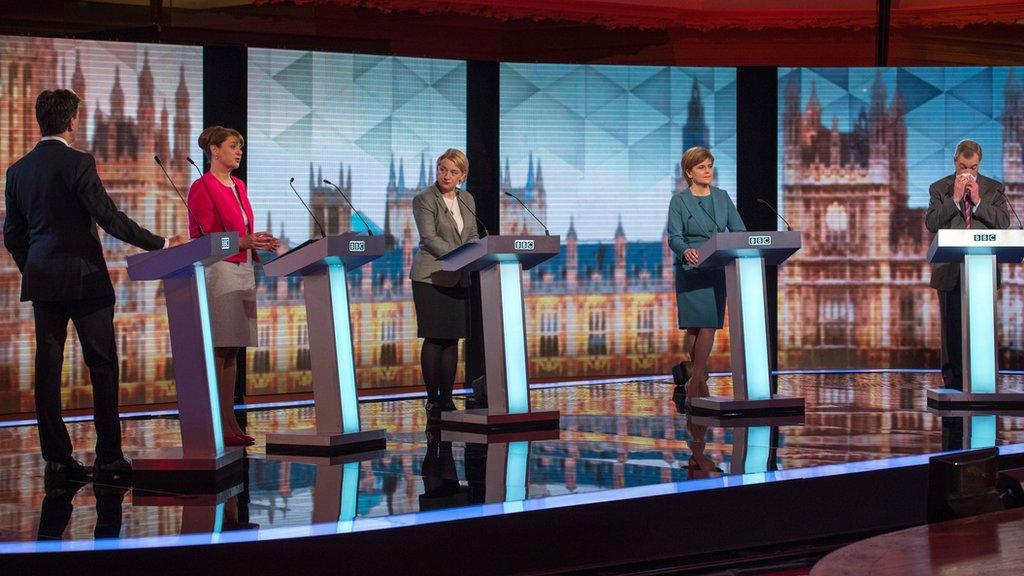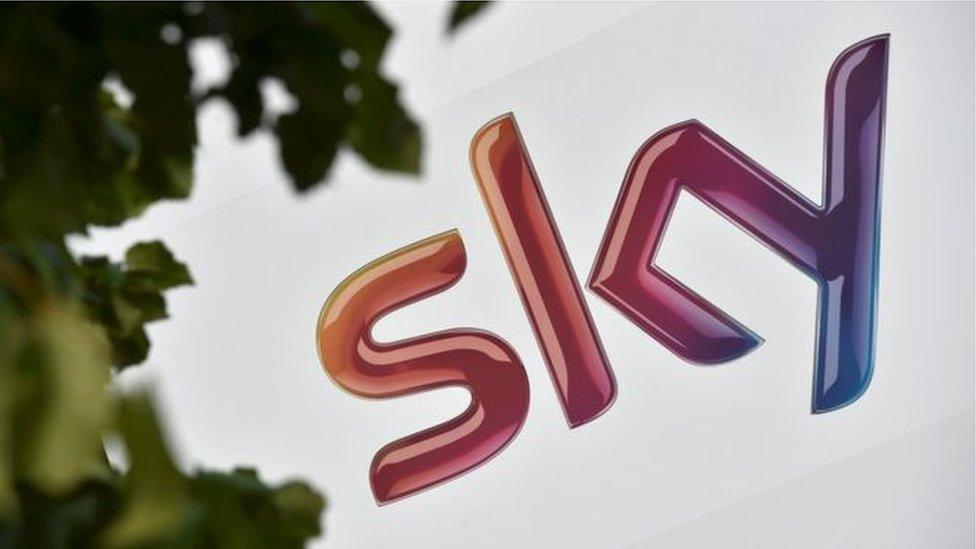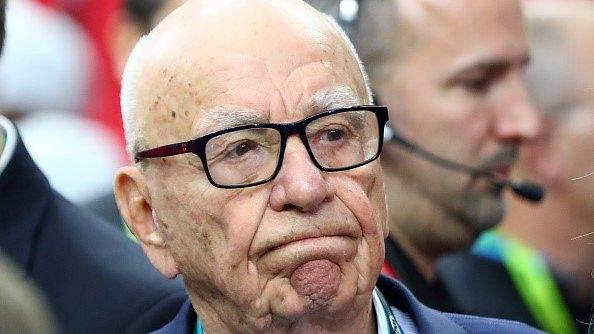BBC election debates: A decent result?
- Published

Leaders of opposition parties took part in a televised debate during the 2015 general election campaign
Henry Kissinger is said to have remarked, when asked why university politics is so vicious, that it was "precisely because the stakes are so small". In some academic circles, this is updated to: "Because the stakes are so small and the egos so big".
When it comes to TV debates ahead of British elections, both the egos and the stakes are massive. This makes negotiations fraught. It is impossible to keep all of the people happy all of the time, and the incentives never align: Popular parties, especially if they are in government, would rather avoid them, so as to keep tight control of their message; but insurgents feel it is a moment to receive equal footing with those in power, and so look leaderly.
The key points of the BBC's announcement this morning is that, first, something - as opposed to nothing - is happening, which is a victory for BBC audiences.
Second, the government will be happy that while Theresa May is participating (in one of two special editions of Question Time), she isn't going to share a stage with Jeremy Corbyn.
And third, both the Tories and Labour face an intriguing choice about who they will put up for the seven-way debate moderated by Mishal Husain.
If the government puts up Amber Rudd (presuming Boris Johnson can't be trusted), that will suggest the Home Secretary could be the second most-powerful person in cabinet, the chancellor notwithstanding. It would be smart to consider Ruth Davidson, an outstanding TV performer whose leadership has achieved the previously unthinkable for the Tories in Scotland.
Who might Labour ask to participate? John McDonnell is a disciplined TV performer, but I wonder if Labour will suggest someone who may resonate with younger and female voters? There has been a lot of spin in recent months about how well Rebecca Long-Bailey, who is 37, does in focus groups.
Despite various myths about the Nixon-Kennedy debate, occasional brilliant rhetoric - of which Lloyd Bentsen's put-down of Dan Quayle, external ("Senator, you're no Jack Kennedy") remains unsurpassed - and the phenomenon known as Cleggmania, TV debates don't tend to move the dial much, and voters don't get as excited about them as journalists.
But at a time when parliament is weak, they can be a boon to democracy, so today's announcement is a decent result.
- Published21 April 2017

- Published16 March 2017

- Published14 March 2017
- Published2 May 2017
- Published25 April 2017